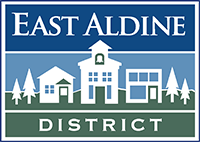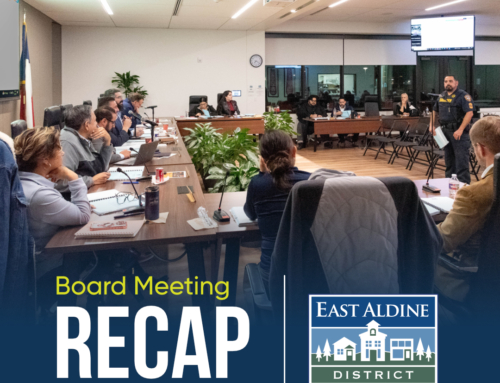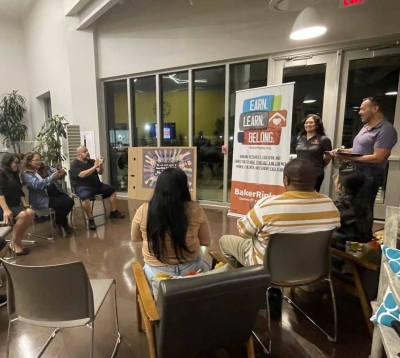
Graduation
They are a group of “community engineers” who help East Aldine shape its future by promoting community events and advocating for cleaner air and neighborhood improvements –- while forging lasting friendships.
Graduates of the BakerRipley “Community Engineers” training classes say they expect “life-long” benefits from the course.
Ruben Salazar, the youthful founder of the East Aldine Civic Association and a senior senator at the University of Houston-Downtown, graduated from the course last year.
“The skills you learn in this course stay with you for life and help you become a better advocate for yourself and your entire community,” Salazar said. “I am forever thankful to have been allowed to participate in this program and hope to continue to be a part of this great group of community advocates for many years to come.”
The third round of Community Engineers training classes will start soon at the East Aldine campus. The 15-hour course starts at 6 p.m. on August 2, with classes from 6 to 8 p.m. each Tuesday and Thursday in August. The class can accommodate as many as 30 students.
The classes are free. For information on enrollment, contact Pearl Castaneda at [email protected].
The Community Engineers classes were started at other BakerRipley campuses in the Houston area in 2014. Before the new BakerRipley East Aldine campus was opened, the classes were provided at other locations in the community, starting in 2017.
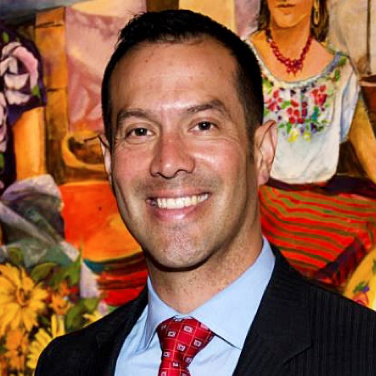
Fraga
Bolivar “Bo” Fraga, a Houston native and graduate of the U.S. Air Force Academy who holds a masters’s degree in social work, is a long-time BakerRipley employee involved in teaching the Community Engineers classes. Fraga, whose parents were social workers in Houston for many years, worked as a community organizer in St. Louis, Mo., before joining BakerRipley in 2009.
“The emphasis on relationship building is a way of understanding power,” Fraga said. “The class gives people in a community the ability to achieve a purpose, (whether) it’s to build a park or something else you’re concerned about, like concrete batch plants.”
Now, the training is being considered for a younger group of potential leaders, said Castaneda, director of civic engagement for BakerRipley East Aldine.
Officials of the Aldine Independent School District’s P-Tech Avalos Campus recently reached out about starting the training for students at the school, which is conveniently located on the campus of the East Aldine Center of Lone Star College.
A prominent graduate of the course is long-time community volunteer Marina Flores Sugg, vice president of the Green Forest Civic Club.
Sugg, who mentored Salazar, helped her neighborhood block the recent proposed expansion of the Yellow Jacket concrete batch plant in the community. The company withdrew its expansion permit application after residents protested against what they expected to be increases in pollution and noise.
“When we see victories like that, that’s really rewarding,” Sugg said. “It makes it worthwhile that all of the work that you did to get people to come out and advocate for the community paid off.”
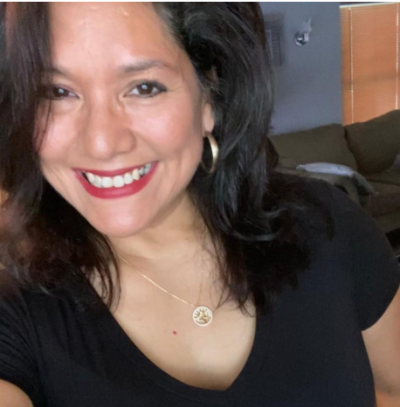
Castaneda
“Marina is the epitome of what a community engineer is,” said Selina Valdez, president of the neighborhood group. “She has long been a fantastic leader for this community.”
The Civic Club, in cooperation with Air Alliance Houston, testified against the permit in a hearing before the Texas Commission on Environmental Quality.
Sugg not only helped organize the community, she wrote a detailed account of the hearing for the Northeast News.
Because Sugg has joined in a variety of civic activities since the mid-1970s, including serving as a deputy voter registrar and board member of Bonding Against Adversity, she encourages others to get involved in learning how to advocate for a better East Aldine.
“It’s the future generation we’re fighting for now,” Sugg said. “We may not see all the things that we’re fighting for, but you know our future generation will. So, it’s worth it to take the training. People should consider it.”
While Salazar comes from a family with a history of civic involvement in East Aldine, he says the course can be very helpful to residents who aren’t familiar with the way government works, or who face language or cultural barriers.
“(Many) community members speak little to no English, so we learned to find ways around this, such as multilingual flyers, social media posts and messaging in the community,” Salazar said. “We also learned how to effectively advocate for the changes we want to see in our community.”
The skills can be as simple or subtle as “knowing who to talk to, who to push, when to wait, when to raise concerns,” Salazar said.
Castaneda was working as a community health worker two years ago when she signed up for the community engineers training.
“I actually took the class way before I started this position,” Castaneda said. “It’s been a complete circle for me because I did it right at the start of the pandemic, while I was a community health worker. Although I didn’t expect it, the skills I developed help me get my current position.”
Now, in addition to promoting BakerRipley, Castaneda is one of the teachers for the community engineers’ leadership course.
“I think one of my favorite parts of my job is continuing to work with the community engineers, after they’ve graduated. It’s exciting to keep up with them and find out new projects they can get involved in.”
Castaneda said the course reinforces the idea that participants are “already leaders” because they enrolled in the course.
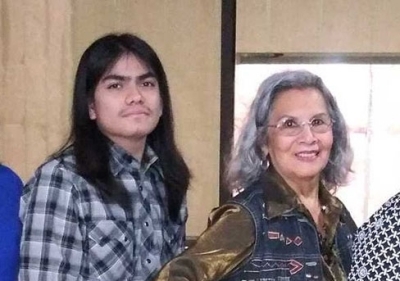
Salazar, left, and Flores
“We want to bring out those leadership skills that they may not even know they already have,” Castaneda said. “In addition to letting them know the basics of government – like who their representatives are – we give them knowledge of some of our tactics, such as ‘appreciative inquiry.’ ”
That technique, or tactic, begins with class participants breaking into small groups for conversations in which the goal is to “draw out” the other person, Castaneda said.
For example, the conversation topic might be about the other person’s success and/or failure at public speaking. Or, the topic could be “tell me what you are passionate about,” Castaneda said.
“When you have that kind of conversation, they can see that asking about a person’s background, or whatever they went through to achieve success kind of breaks down barriers,” Castaneda said. “They learn that they can actually use that skill to get more out of a situation, or get a better outcome.”
“Those kinds of skills can enhance their power of being a community leader and letting their own voices be heard,” Castaneda explained.
Castaneda grew up in East Aldine and graduated from MacArthur High School.
“The great thing is, there has been tons of progress in the last 10 years,” Castaneda said. “And I feel like training people will result in even more improvements.”
— by Anne Marie Kilday
